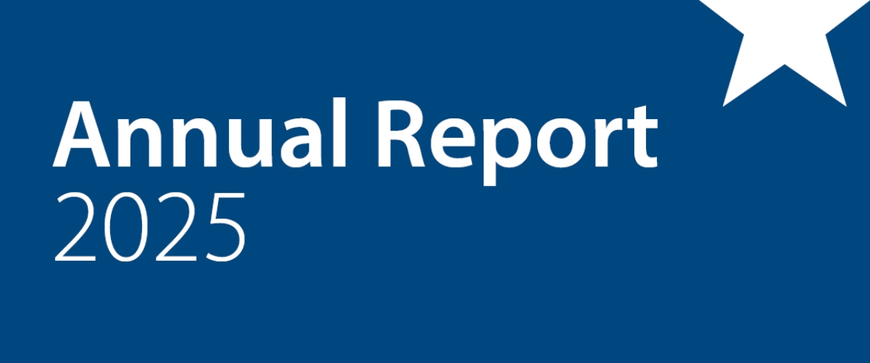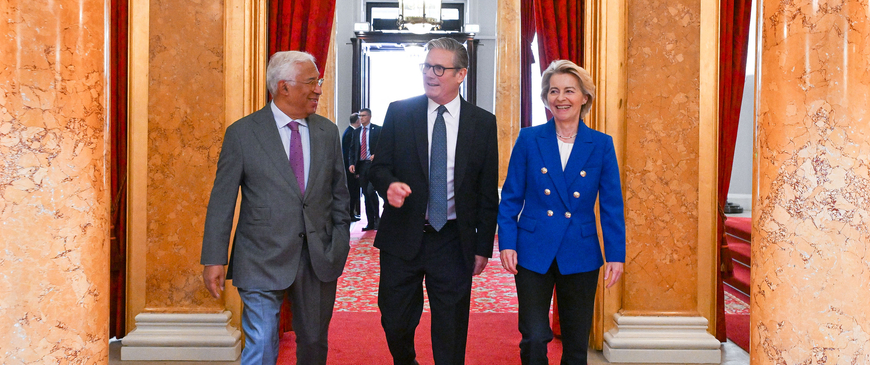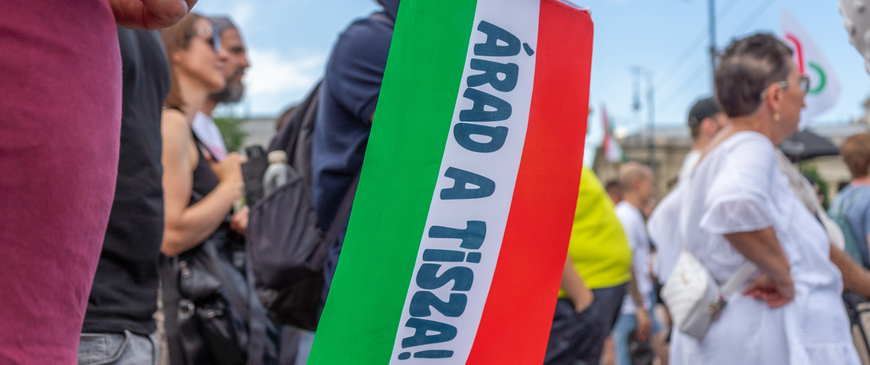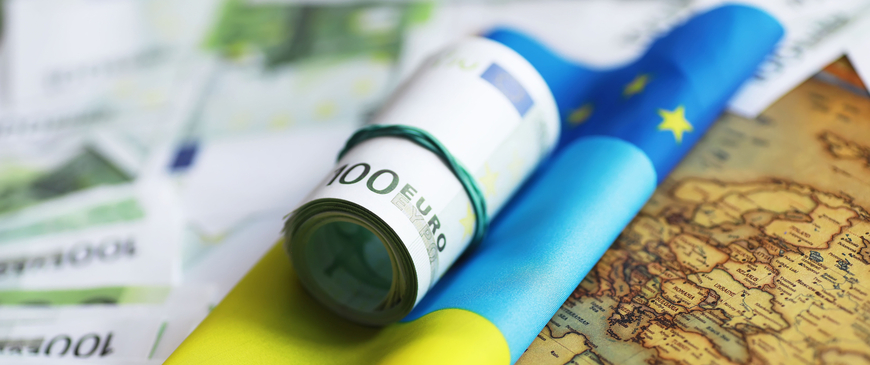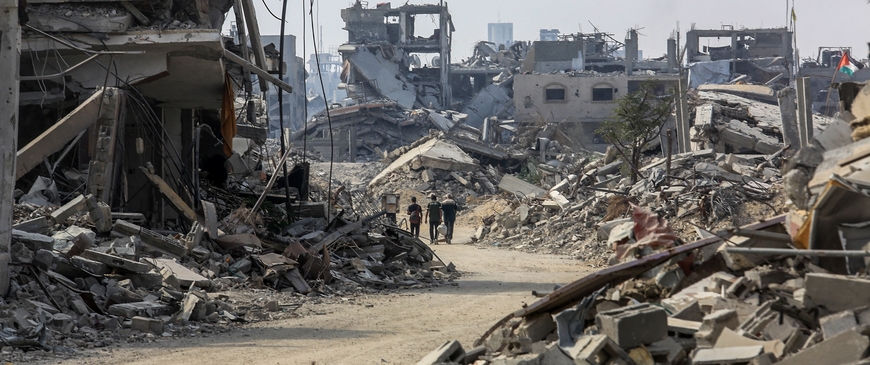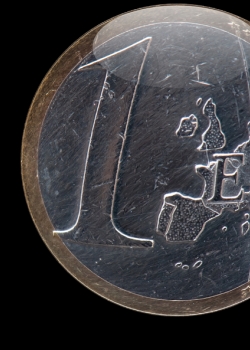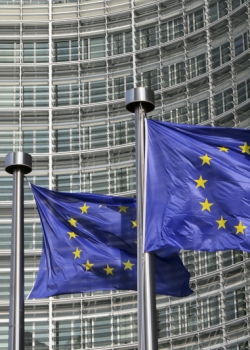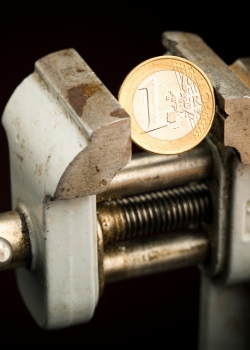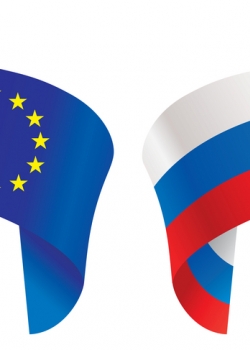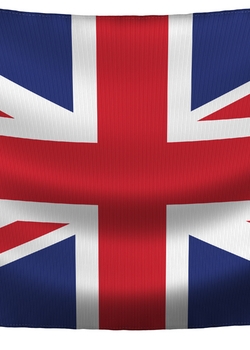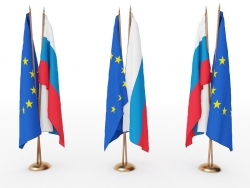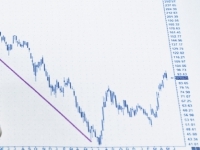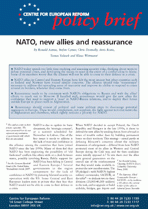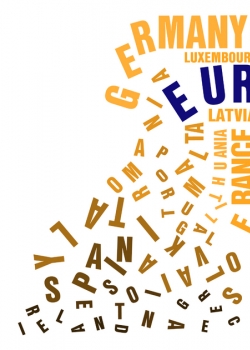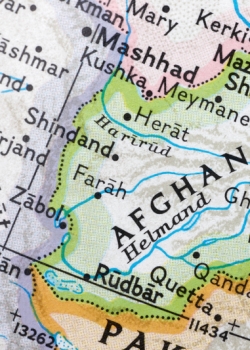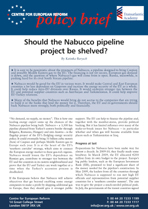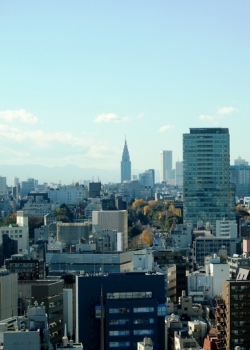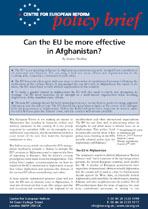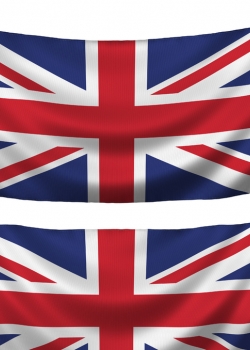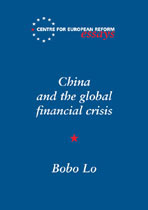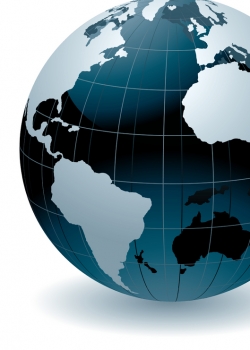Research
EU JHA co-operation: After Lisbon, reality bites
24 June 2010
EU policies on policing, justice and immigration were widely expected to take a big leap forward after the ratification of the Lisbon treaty.
The eurozone retreats into a beggar-thy-neighbour cul-de-sac
14 June 2010
Almost every member of the eurozone is rushing to slash public spending. While there is no doubting the scale of the fiscal challenge, the eurozone economy is not strong enough to cope with the contractionary effects of a generalised budgetary tightening.
Shale gas and EU energy security
11 June 2010
Will unconventional gas solve Europe’s energy security problem? Many EU member-states rely a lot on Russian gas; in the case of some Central and East European countries the dependence is total.
Eurozone governance: Why the Commission is right
04 June 2010
The collapse of market confidence sparked by the parlous state of Greece’s public finances is forcing the EU to review how the eurozone is run. This is entirely welcome.
Will the Conservatives' charm offensive endure?
01 June 2010
The Eurosceptic conservatives are back in power, yet the government they lead is courting Britain's EU partners. In their early meetings with European leaders, David Cameron and his senior ministers have been all smiles and politesse.
The euro's reality gap
01 June 2010
Europe faces a critical choice between greater integration or disintegration. The gap between the rhetoric of a united Europe and the reality of national interests and politics has always dogged the EU.
Russia and the West: Is the reset working?
01 June 2010
There are signs that Russia is becoming less antagonistic towards the West and more inclined to work co-operatively with it. Some regard this change in behaviour as proof that the Obama administration's plan to 'reset' relations with Russia is working and that the EU's continuous efforts to engage Moscow are finally paying off.
Issue 72 - 2010
28 May 2010
- Will the Conservatives' charm offensive endure?, Charles Grant
- The euro's reality gap, Simon Tilford
- Russia and the West: Is the reset working?, Katinka Barysch, Tomas Valasek
Can the EU help Russia modernise?
28 May 2010
The EU and Russia are planning to launch a ‘partnership for modernisation’ at their next summit in Rostov on May 31st. The initiative – launched by Commission President Barroso at the last summit six months ago – is meant to breathe new life into a relationship that has become stale and tense. It is unlikely to succeed.
Business leaders risk discrediting markets
13 May 2010
Despite their battered reputation, markets remain the best way of generating economic growth. But the market economy faces a crisis of legitimacy brought about by rising inequality and a breakdown of the relationship between risk and reward.
NATO, new allies and reassurance
12 May 2010
NATO spends too little time thinking about potential conflicts close to home and developing the means to react. Some of its members – mostly in Central and Eastern Europe – worry that the alliance would not be able to come to their defence in a crisis.
Closing the gap between rhetoric and reality is key to the euro's survival
10 May 2010
Europe faces a critical choice between greater integration and disintegration. The gap between the rhetoric of a united and integrated Europe and the reality of national interests and politics has always dogged Europe.
Human rights cannot be a luxury in Afghanistan
07 May 2010
The Afghans with whom I worked in Bamyan province, Afghanistan, often asked me why foreigners were so concerned about the destruction of historical monuments yet seemingly so indifferent to the human suffering that occurred.
The dangers of a disgruntled Germany
07 May 2010
Germany has finally agreed to help bail out Greece. The negotiations were acrimonious and took months. Angela Merkel’s hesitation and prevarication have increased the cost of the bail-out and unsettled financial markets.
Should the Nabucco pipeline project be shelved?
05 May 2010
Nabucco - a pipeline to bring Caspian and perhaps Middle Eastern gas to Europe - is the flagship project of the EU's fledgling energy diplomacy. Nabucco would add to the EU's energy security, strengthen its neighbourhood policies and improve relations with Turkey.
Turning Japanese?
30 April 2010
Japan has long had the highest level of public debt of any developed economy. The country’s public debt to GDP ratio is around 200 per cent of GDP, far in excess of even the EU’s worst performers.
Can the EU be more effective in Afghanistan?
27 April 2010
The EU and its governments make a substantial financial, civilian and military contribution to Afghanistan - yet European influence in the country is limited. For too long the EU has had too many offices and representatives there, sometimes working at cross purposes.
Clameronism
21 April 2010
Britain's 'national government' of 2010 was not unprecedented. Britons had accepted patriotic coalitions before during the First Great Recession and Second World War. Still, David Cameron's Conservatives fought hard in the aftermath of that year’s general election to preserve a minority government propped up by an unlikely assortment of regional parties and independents.
China and the global financial crisis
16 April 2010
China has come through the global financial and economic crisis in a confident manner. Economic growth is strong and China's foreign policy has become more assertive. Bobo Lo's essay challenges many western assumptions about the rise of China.
Whatever happened to the G20?
14 April 2010
George W Bush convened the first G20 summit in Washington in November 2008, at the height of the global financial and economic crisis. At two further summits in 2009, G20 leaders pledged to co-ordinate their economic stimulus packages (as well as exit strategies), avoid protectionism, address global imbalances, triple the resources of the IMF, and work out stricter rules for banks, hedge funds and other financial players.

